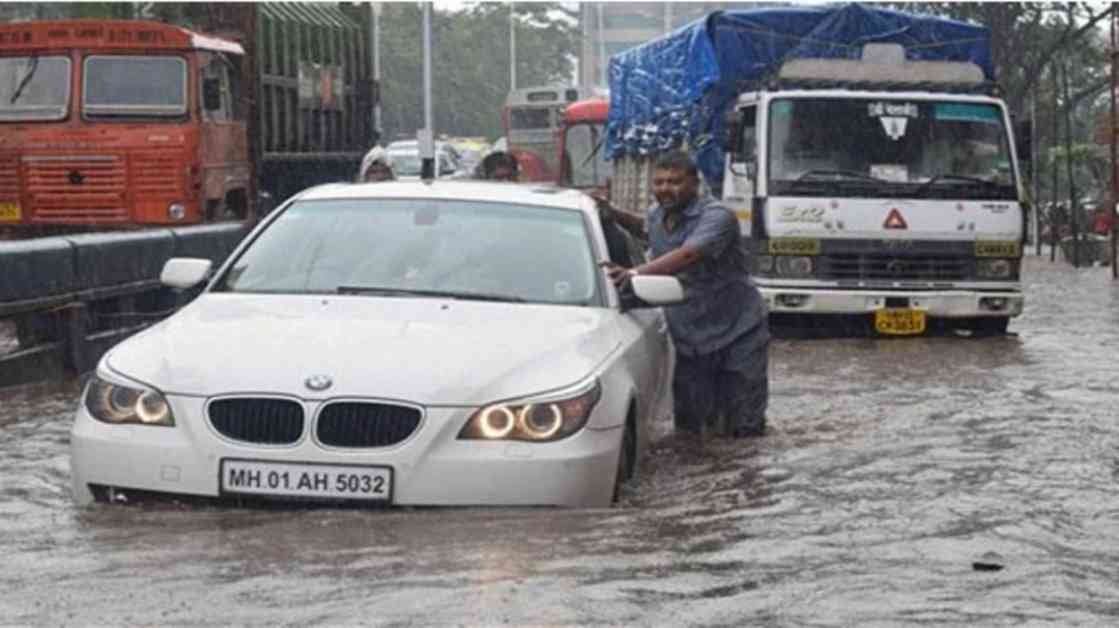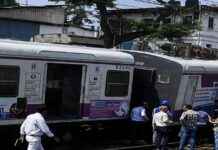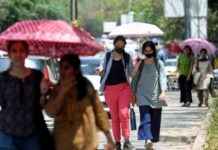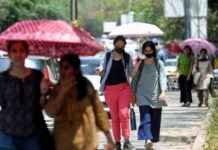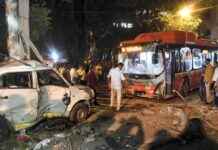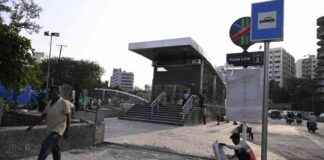Heavy rain continued to lash Mumbai on Friday, September 27, causing widespread flooding in many parts of the city. Interestingly, this deluge came just one day after the India Meteorological Department (IMD) issued a red alert and the Brihanmumbai Municipal Corporation (BMC) declared a holiday for Thursday, September 26. Despite the clear skies on Thursday, schools and institutions remained closed as a precautionary measure.
Criticism Over Misjudged Red Alert and Holiday Declaration
The premature red alert and holiday declaration by the IMD and BMC respectively, have sparked outrage among the residents of Mumbai. Many took to social media to express their frustration and disbelief at the misjudged weather forecast.
Netizens flooded platforms like X (formerly known as Twitter) with memes and jokes poking fun at the inaccurate predictions. Users shared posts mocking the weather forecast and the BMC’s decision to declare a holiday based on it. The irony of the situation was not lost on the citizens, as they highlighted the city’s history of unpredictable weather patterns.
Images of traffic jams and crowded train stations filled with passengers carrying umbrellas circulated online, showcasing the chaos caused by the sudden onset of heavy rain. Road traffic came to a standstill in several areas as flooding became a common sight, further adding to the woes of commuters.
One user, S R Khandelwal, sarcastically pointed out, “Holiday declared for yesterday—Rain gods ditched BMC… No Holiday Today—Another Waterlogging spell is incoming! Nature has a history of mocking holiday declared days.” This sentiment was echoed by many others who felt let down by the false alarm raised by the authorities.
Another user, Vedprakash Verma, highlighted the apparent disobedience of nature towards BMC’s decisions, noting how rains always seem to arrive when holidays are announced. The frustration and humor displayed by residents reflected the underlying sense of disappointment with the government’s handling of the situation.
Challenges Faced by Mumbai Residents
The heavy rains not only disrupted daily life in Mumbai but also exposed the city’s vulnerabilities to such weather events. Residents grappled with waterlogged streets, delayed transportation, and power outages, further exacerbating the already challenging living conditions in the metropolis.
The IMD’s inaccurate forecast and the BMC’s hasty decision to declare a holiday without proper justification raised questions about the city’s preparedness for such emergencies. Many residents criticized the lack of coordination and foresight displayed by the authorities, calling for better planning and leadership to prevent similar confusion in the future.
Impact on Daily Life and Infrastructure
The relentless downpour not only disrupted transportation and communication but also highlighted the city’s inadequate infrastructure to handle such weather conditions. The flooding of roads and public spaces underscored the urgent need for improved drainage systems and flood management strategies in Mumbai.
Businesses suffered losses as employees struggled to reach their workplaces, leading to reduced productivity and financial setbacks. The impact of the heavy rains on the economy further underscored the importance of effective disaster management and urban planning to mitigate such risks in the future.
Residents shared their experiences of navigating the waterlogged streets and overcrowded public transportation, emphasizing the need for better coordination between government agencies and local communities during times of crisis. The challenges faced by Mumbai residents served as a wake-up call for authorities to prioritize disaster preparedness and resilience in the face of unpredictable weather events.
Looking Ahead: Lessons Learned and Future Preparedness
The misjudged red alert and premature holiday declaration in response to the heavy rains in Mumbai serve as a reminder of the importance of accurate forecasting and effective communication during emergencies. The incident highlighted the need for improved coordination between the IMD, BMC, and other relevant agencies to ensure timely and reliable information for residents.
Moving forward, it is essential for the authorities to learn from this experience and implement measures to enhance the city’s preparedness for extreme weather events. Investing in robust infrastructure, improving drainage systems, and conducting regular drills and simulations can help Mumbai better cope with the challenges posed by heavy rains and flooding.
Ultimately, the criticism over the misjudged red alert and holiday declaration should serve as a catalyst for positive change in Mumbai’s disaster management and urban planning efforts. By addressing the shortcomings exposed by this incident, the city can build greater resilience and readiness to tackle future challenges effectively.
